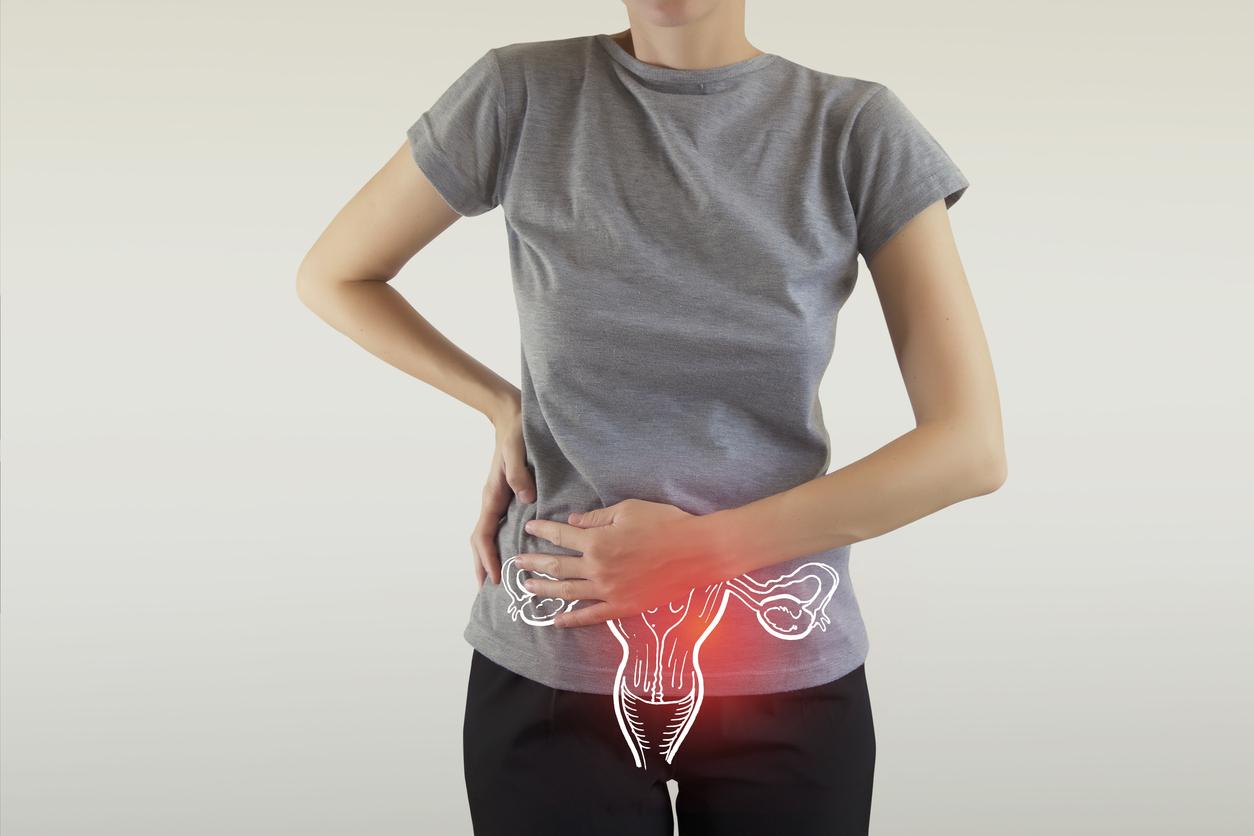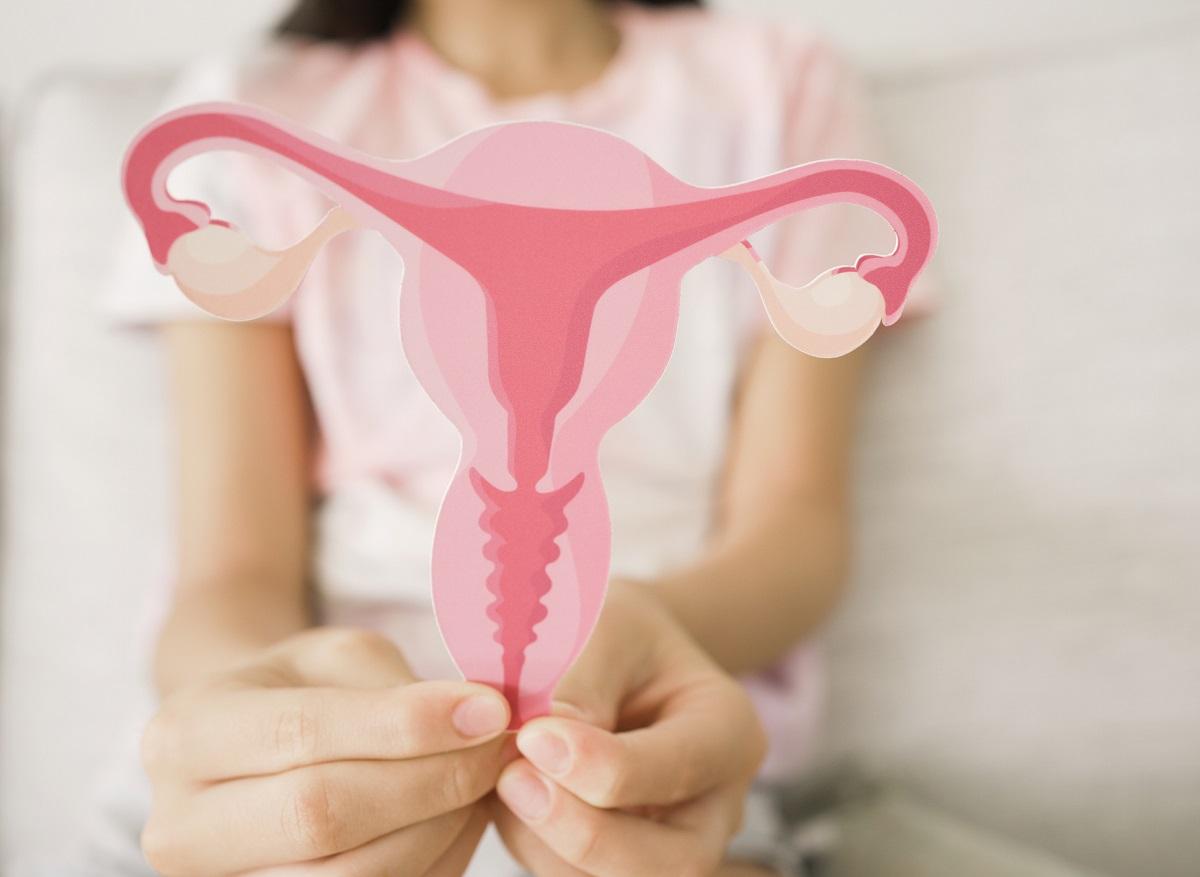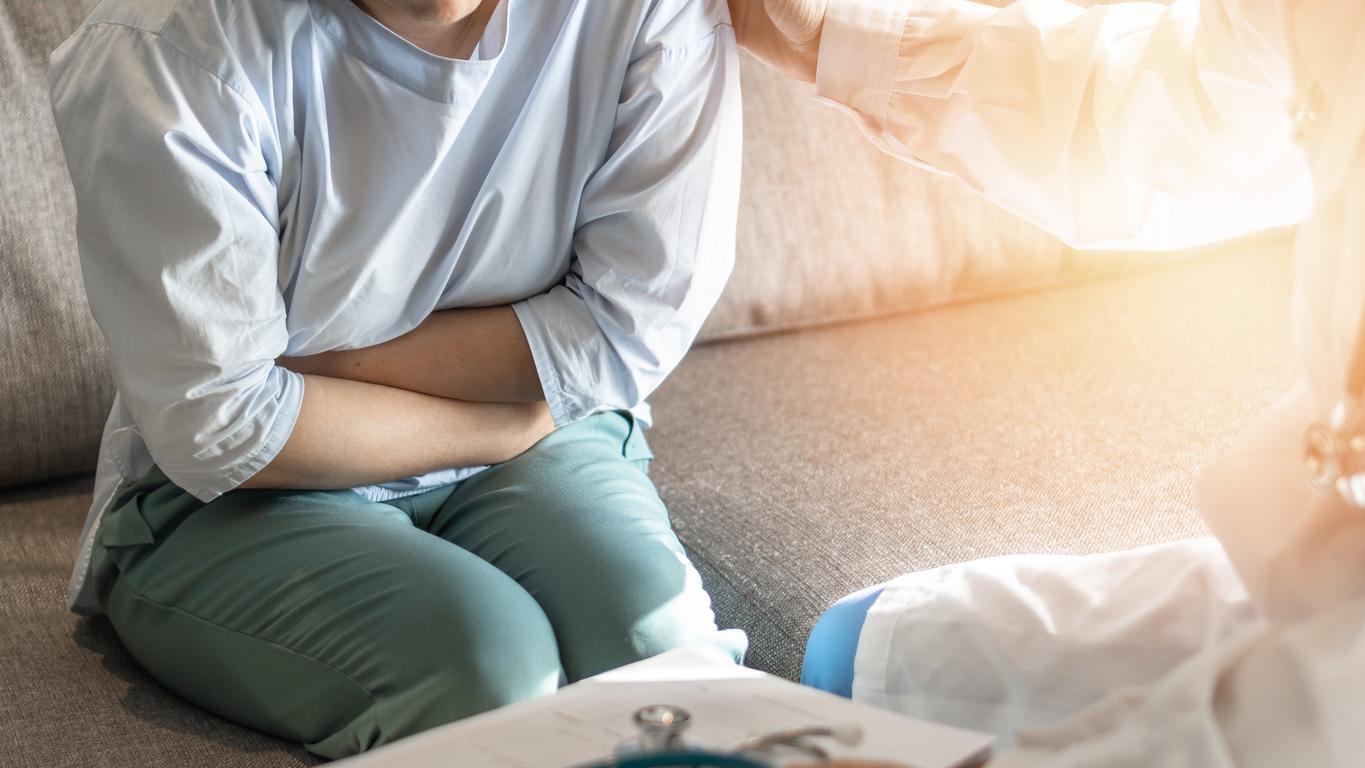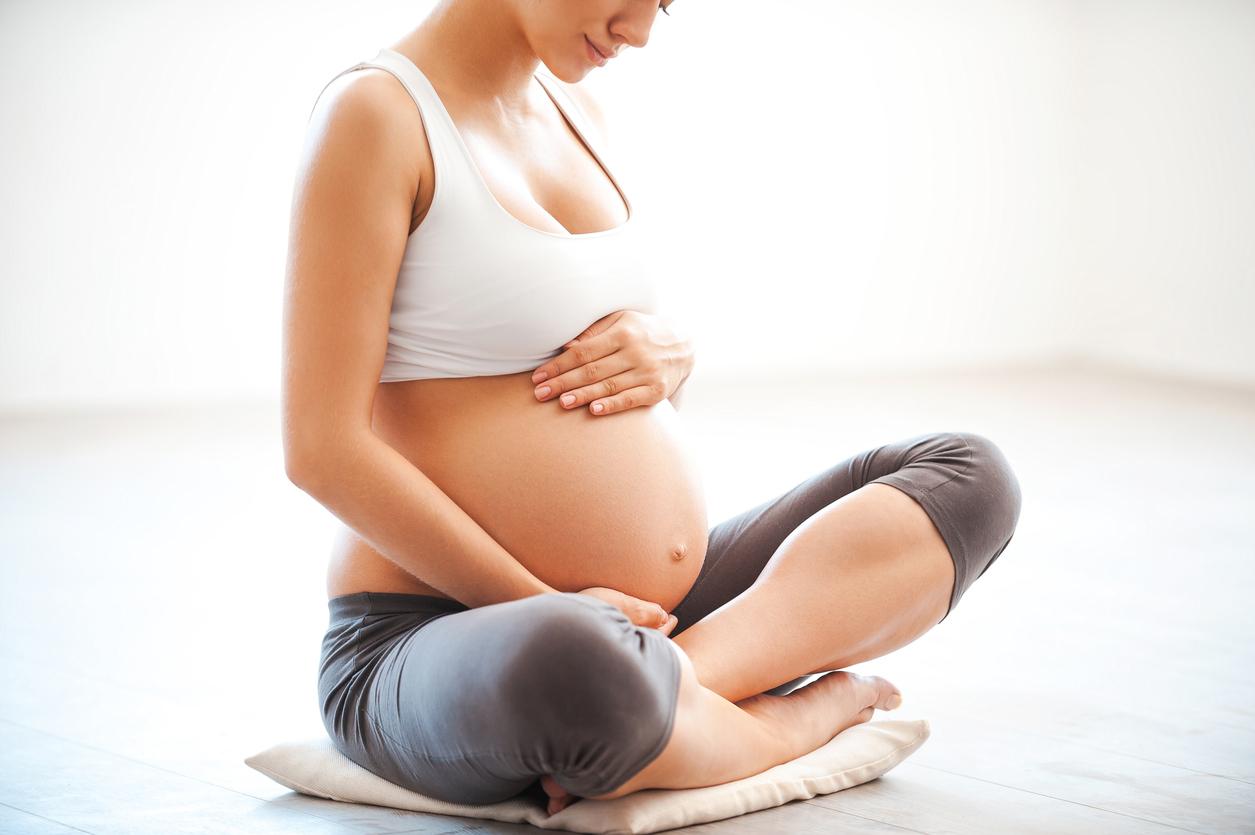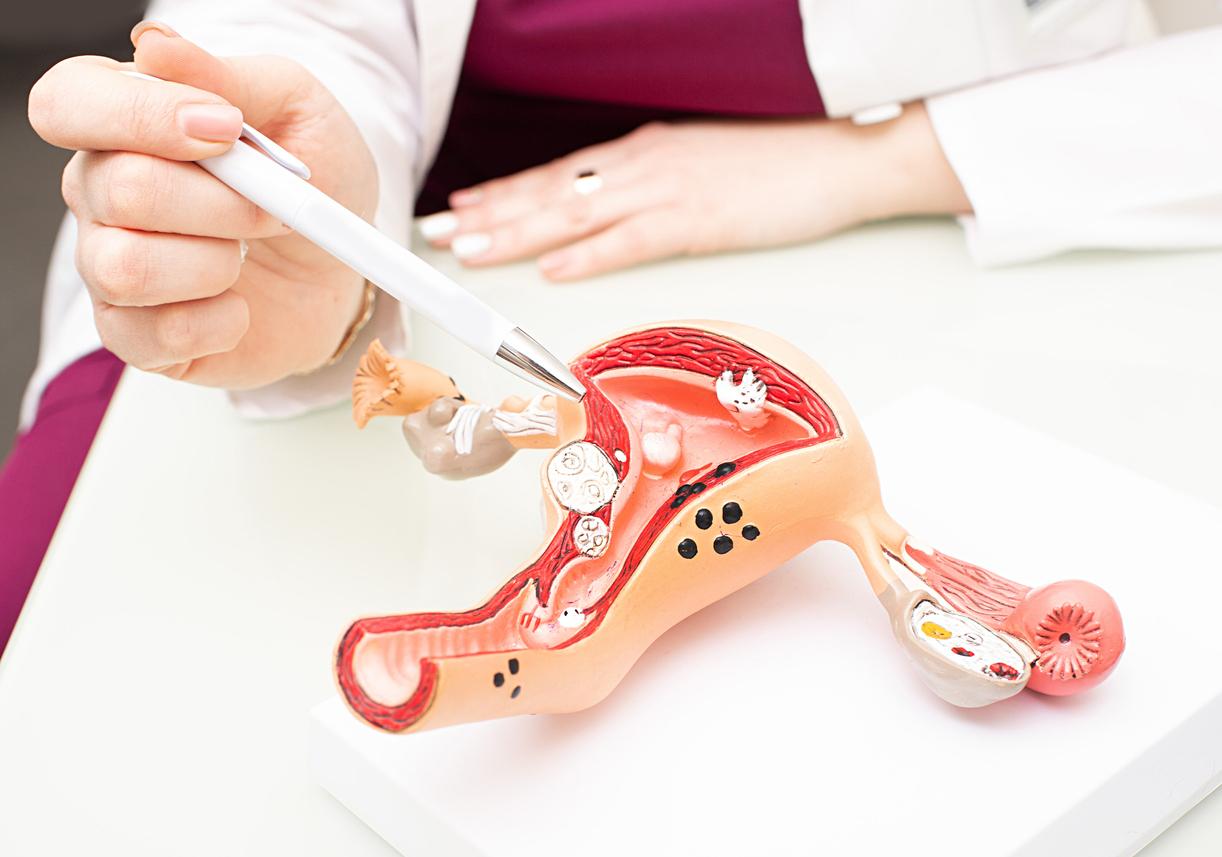Korean researchers have developed a gel that could help women suffering from infertility – due to an endometrium that is too thin – to conceive.
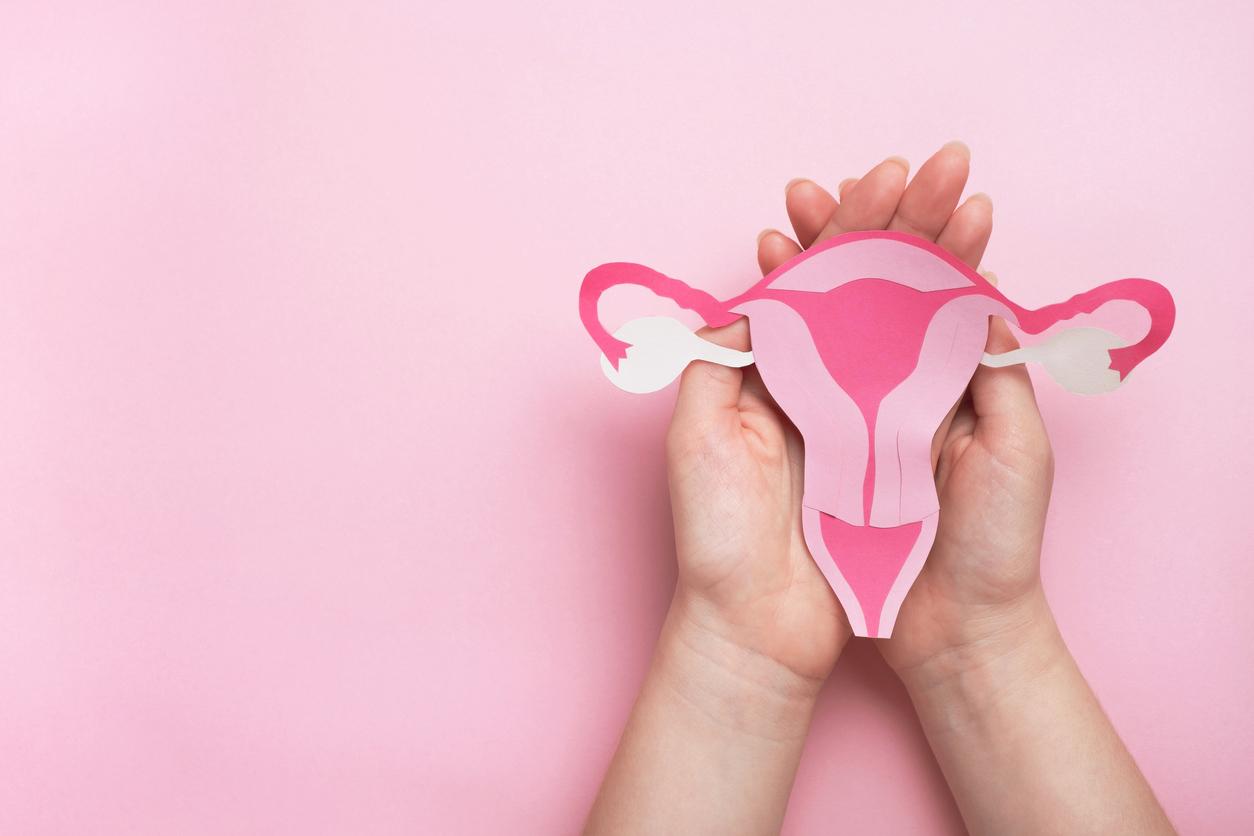
- A thin endometrium reduces the likelihood of successful implantation of the embryo and increases the risk of miscarriage in the event of pregnancy.
- Korean researchers have developed a gel that promotes endometrial regeneration and, by domino effect, increases the chances of getting pregnant for women suffering from infertility.
- This discovery could also pave the way for personalized treatments depending on the condition of the patient’s endometrium.
The endometrium, the lining of the inner lining of the uterus, plays a crucial role in female fertility. When too thin, an embryo’s chances of implantation are reduced and the risk of miscarriage is greater. This is why women with this feature often have difficulty conceiving.
Fortunately, a team of Korean researchers recently developed a gel capable of restoring the thickness of the endometrium, thus offering new hope to patients who are having difficulty having children.
Sterility : a hydrogel that restores thickness to the endometrium
The hydrogel, developed by Korean researchers and presented in the journal Advanced Functional Materials, is made from extracellular matrices decellularized (dECMs) of uterus. This means that the cellular components – such as the nucleus and cell membranes – of uterine tissue have been removed leaving only the extracellular matrix with the structure and shape original of the organ. This method is used in the regeneration and transplantation of tissues and organs such as the heart and the kidney.
Tests carried out on mice have shown that the hydrogel designed by this process is able to restore the thickness of the endometrium. This creates a more conducive environment for the implantation of embryos and thus increases the chances of conception. In addition, the treatment was found to have low cytotoxicity, guaranteeing a survival rate of the implanted embryos, reaching up to 90%.
Trouble endometrium: a gateway to personalized treatments
Korean researchers also found that insulin-like growth factor (IGF1) and insulin growth factor binding protein (IGFBP3) are playing an important role in endometrial regeneration. This new understanding opens up new research avenues for the treatment of endometrial disorders.
Furthermore, the work could allow the development of personalized treatments for female infertility. The researchers point out that their method can be adapted according to the condition of the endometrium of each patient. This means that by using dECMs from different uterine tissues, the gel could be specifically manufactured to treat conditions such as intrauterine adhesions and repeated implantation failures.
“We have successfully developed a uterine tissue-specific hydrogel for endometrial regeneration and successful pregnancy. I hope further research into its clinical application can bring hope to patients struggling with infertility.”says the teacher Dong Woo Cho, who led the research, in a communicated.










